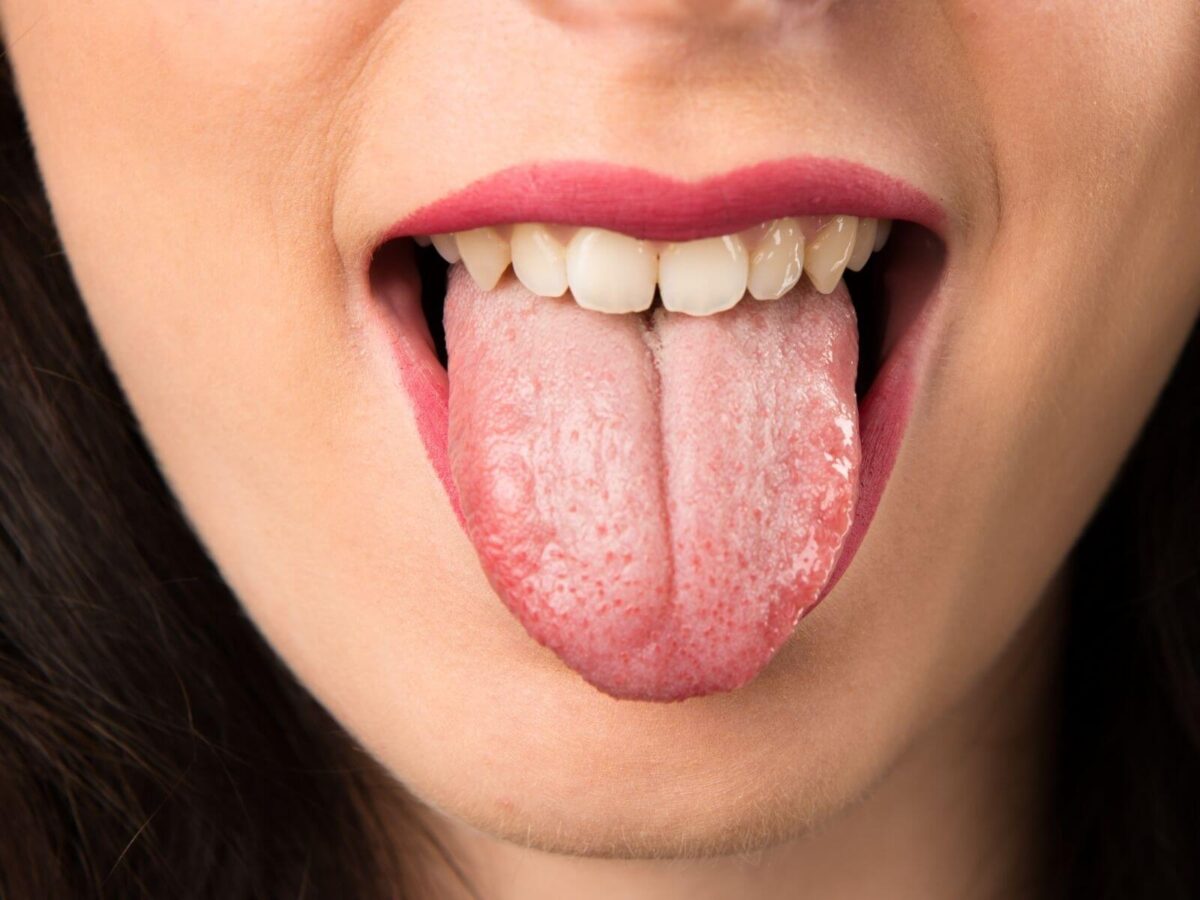Having xerostomia, or dry mouth, can be more than just painful. It could hurt your teeth and make talking, eating, and drinking difficult. Also, since you won’t have saliva or anything to protect your teeth and gums from acids and food, you may be more likely to get cavities and gum disease.
Mathis Dental Texas strives to improve residents’ health by addressing conditions such as dry mouth. A dry mouth is critical to keeping teeth and overall health in good condition, whether caused by medicine, disorders, or treatments such as radiation.
Here is a list of the 10 foods to relieve dry mouth. Eat these foods when you have a dry mouth. These foods are listed based on how they can help make saliva and relieve symptoms. Let’s check the list.
Foods to Take When You Have a Dry Mouth
These are the essential items, as suggested by Mathis Dental, to include in your dry mouth diet.
- Watermelon
Watermelon is a great summer cooling option and a great way to treat dry mouth. It is naturally sweet and has a high water content (over 90%). Watermelon keeps your mouth moist. Also, it helps produce more saliva. As a snack, eat cold slices of watermelon all day to keep your mouth feeling fresh and moist. - Cucumbers
Cucumbers are another excellent choice for staying hydrated! They are high in water and provide essential nutrients such as vitamins C and K. Cucumber slices added to salads or eaten as a crisp snack are an excellent method to fight dry mouth while also improving dental health and hydration. - Celery
Because it is crisp and high in water, celery is a great food for fighting dry mouth. Chewing on celery also makes you salivate, which helps wash away bacteria and other things in your mouth. For a healthy and filling snack, eat celery sticks with hummus or peanut butter. - Pineapple
Pineapple not only makes your food taste more tropical, but it also helps people who suffer from dry mouth in many ways. Pineapple is full of bromelain, an enzyme that reduces inflammation, so it can help reduce inflammation and make you salivate more. For a tasty and healthy treat, try fresh pineapple chunks or mix them into smoothies. - Herbal Tea
Drinking plant teas like peppermint or chamomile can help with dry mouth and has other health benefits. Because they reduce inflammation, these teas can help soothe sore throats and mouths. Choose ones that don’t have caffeine to keep from becoming even more dehydrated. - Yogurt
Not only is yogurt a healthy food, but it also has probiotics that are good for your teeth. To avoid extra sugars that can dry out your mouth, choose plain yogurt that hasn’t been sweetened. Yogurt has probiotics that help keep the bacteria in your mouth in balance and lower your risk of tooth problems that can come with xerostomia. - Grapes
Mathis Dental says that it’s hard to believe how small grapes can help with dry mouth. The natural sugars and high water content help keep your mouth moist and make you drool more. Keep a bowl of grapes nearby for a simple, quick, and cool snack that can help right away. - Coconut Water
Coconut water naturally contains many electrolytes, which makes it a great way to satisfy your thirst. It replaces electrolytes lost when one is dehydrated and helps maintain the body’s fluid balance. It is also full of potassium and other essential minerals, thus helping to relieve dry mouth problems. - Soups
Warm soups are not only soothing but also a great way to keep your mouth moist and healthy. For a healthy boost, choose clear soups and broths that are full of veggies and lean proteins. Soups that are high in salt can make you feel even more dehydrated, so stay away from them. - Oatmeal
Not only is oatmeal a filling breakfast food, but it can also help people with dry mouth. It’s easy to swallow because it’s soft, and the high fiber content makes you salivate and helps your body digest food. Add foods that are good for you, like berries, to your oatmeal to make it taste better and keep it moist.
Conclusion
Managing a dry mouth can be tough, but munching on foods that help keep your mouth moist can ease the discomfort you experience. It gets your mouth watering, doesn’t it? You can enjoy a variety of healthy and juicy foods to help keep your mouth nice and moist.
Some drinks help you relax, and soups nourish you. Brushing and flossing your teeth daily can help prevent issues like cavities and gum disease that might arise due to dry mouth. Be mindful of the foods you choose.
Developing some good habits can also help you deal with dry mouth and live a better, happier life. Chat with a dentist at Mathis Dental for personalized advice, and then grab these foods that will help keep your mouth moist so you can finally say goodbye to dry mouth.




